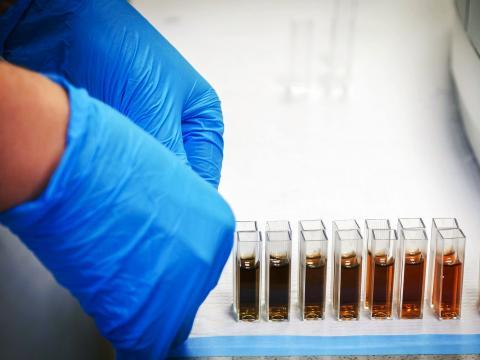
BMC Seminar Thursday 12th of January at 12:00 in Læknagarður, room 201
Speaker: Árni Ásbjarnarson, PhD student under supervision of Þórarinn Guðjónsson, Department of Anatomy, Biomedical Center, Faculty of Medicine, School of Health Sciences, University of Iceland.
Title: Non-antibiotic disease modifying effects of macrolides in airway diseases.
Abstract: Macrolides are widely used in the clinic as off-label disease-modifying drugs, as they have beneficial properties beyond their antibiotic use. Immunomodulatory effects of macrolides are well known, although exact mechanisms of action are not completely known. Macrolides, particularly azithromycin (AZM), have shown airway epithelial barrier enhancing effects, evidenced by tight junction remodeling, decreased mucus secretion, increased formation of lamellar bodies, increased expression of epidermal differentiation genes, and the counteracting of detrimental effects of cyclical stress. It has also been shown that macrolides inhibit epithelial to mesenchymal transition (EMT), fibrosis and target senescent cells. This project will explore further the disease modifying effects of AZM and compare to other macrolides and antibiotics. The main objectives will be to analyze and compare the role of different macrolides in cellular differentiation and to study their role in preventing cell and tissue damage from cyclical stress in vitro and in vivo.
Short bio: Árni obtained both his bachelor’s degree in Biochemistry and Molecular biology and a Master’s degree in Biology, at the University of Iceland. He did his Master‘s project at Guðmundur Hrafn Guðmundsson´s lab working on. After his Master‘s degree, he worked as a laboratory research associate at the Magnúsdóttir lab and later at the SCRU lab. He is now pursuing Ph.D. studies at Þórarinn Guðjónssons lab where he is studying the mechanism of action for disease modifying effects of macrolides.
